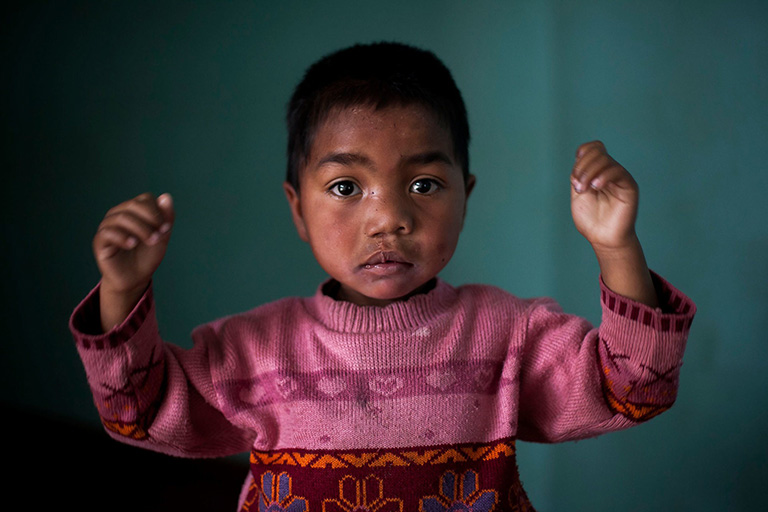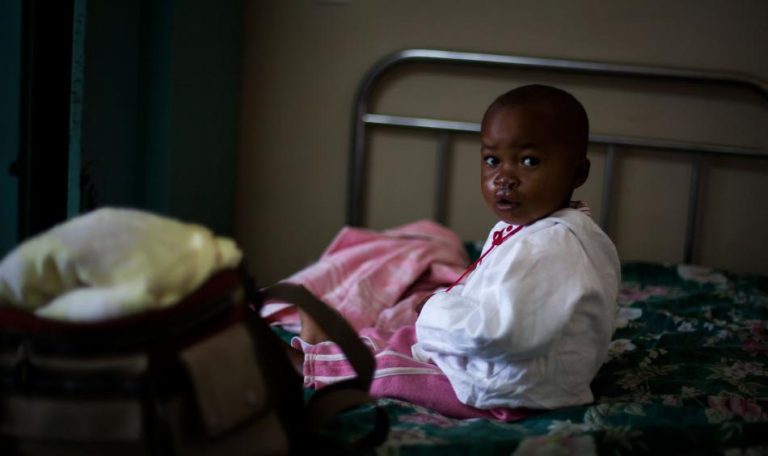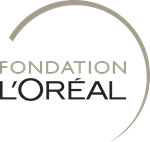
Opération sourire
© Mylene Zizzo
BACKGROUND
Conditions requiring surgery account for a third of the global disease burden: every year, nearly 17 million people die of diseases, injuries, and medical emergencies that could have been treated with common surgery. This figure is higher than all the deaths from HIV/AIDS, malaria, tuberculosis, and childhood diseases combined. And yet, in many countries around the world, reconstructive plastic surgery is inaccessible: either the cost is prohibitive for most people, or local hospitals are unable to offer the surgical technique. Children born with a cleft lip or palate, as well as people with burn injuries, tumors, or poverty-related diseases, cannot obtain treatment. In addition to the physical effects of their conditions, they often face social stigma and exclusion due to their disability.

© Mylene Zizzo
JEAN-JACQUES, 3 years old.
“When my son Jean-Jacques was born with a cleft lip, people blamed me. They were sure that I had cut potatoes or jumped over streams, things that Malgache people believe bring bad luck. But I know I didn’t do anything wrong. Jean-Jacques doesn’t speak and he can’t chew food. I have to feed him porridge. I know this deformity can be fixed with an operation. But with our income, we don’t have the money to pay for it.”
OUR ACTION
Since 1989, Médecins du Monde France has developed a unique humanitarian program in around 20 countries in Asia and Africa to provide reconstructive surgery in areas where it is inaccessible. Most of the patients are children, but the program also helps adults who have congenital or acquired diseases and deformities.
By restoring the physical integrity of those who are marginalized and silenced, Médecins du Monde is helping to change the way others see them.
REPAIRING THE BODY AND RELIEVING PAIN
Several times a year, volunteer surgeons, anesthesiologists, and nurses go on missions for one to two weeks. They treat as many patients as possible, free of charge. They use medical equipment sent for the mission and adapt to the health facilities in the local country.
Many of the cases treated involve cleft lip and palate, as well as burn injuries due to fire or acid, tumors, meningoceles, noma, and visceral anomalies. Opération Sourire aims to reduce inequalities in access to surgery to give everyone, and especially children, the same chances of survival and development.
BRINGING BACK SMILES
The benefits of the surgeries performed by Opération Sourire teams go beyond improved motor function. Cleft lip and palate repair also support patients’ physical and social inclusion through a holistic approach, which offers psychosocial support and comprehensive care following the surgery. By restoring the physical integrity of those who are marginalized and silenced, Médecins du Monde is helping to change the way others see them. We want children to be able to grow up normally and for adults to be a part of their communities again.
TRAINING TOMORROW’S MEDICAL TEAMS
We work closely with local medical teams. Local doctors, anesthesiologists, and nurses take part in training and are paired up with the volunteer teams from Opération Sourire to perfect their reconstructive plastic surgery techniques. Depending on their skills improvement level, and to ensure program continuity, medical teams from the local health facilities organize missions with remote support from the Opération Sourire team.
OUR PRIORITY AREAS
OPÉRATION SOURIRE IN CAMBODIA
Depuis sa création en 1989 au Cambodge, les lieux d’intervention se sont multipliés et les pathologies opérées se sont diversifiées au fur et à mesure des transferts de compétences réalisés. L’équipe de l’Opération Sourire intervient aujourd’hui au Children’s Surgical Center en étroite collaboration avec le personnel médical local présent pour toute intervention chirurgicale. La pathologie spécifique de cette mission est la prise en charge des méningo-encéphalocèles. Cette dernière, nécessitant des interventions d’une grande technicité, est désormais opérée par les chirurgiens locaux après plusieurs années de coopération et de formation. L’équipe de l’Opération Sourire poursuit son appui sur les cas extrêmement compliqués.
OPÉRATION SOURIRE IN MADAGASCAR
Médecins du Monde launched Opération Sourire in Madagascar in 2004. Since then, more than 42 reconstructive plastic surgery missions have been carried out in three cities, mainly in the country’s capital, Antananarivo. During each mission, an average of 30 patients are operated on by multidisciplinary volunteer teams (surgeons, nurses, and anesthesiologists) supported by local medical personnel. Around 70% of surgeries are performed on patients with a cleft lip or palate.
This is a misunderstood condition here in Madagascar. They don’t know why it happens, and they can’t do anything about it.
Visceral surgeries are also performed in Madagascar to treat children with malformations of the digestive organs, which can be severely disabling if they are not surgically corrected. The cases that are treated are complex (anorectal malformations) and require highly technical expertise and regular follow-up care. The Opération Sourire team is often the only group of professionals qualified to operate on these complicated cases and able to handle the follow-up.
L’OPÉRATION SOURIRE AU PAKISTAN
Since 2013, the Opération Sourire team has devoted itself to treating women who have survived acid attacks. Acid attacks are relatively frequent crimes in this part of the world and cause extremely serious bodily harm. Known as honor crimes, these attacks using sulfuric acid are often committed against women or girls whose behavior has been perceived as not conforming to societal expectations. They are often perpetrated by the victim’s husband or in-laws.
Although punishable by law, acid attacks disfigure more than 100 women in Pakistan every year.
OPÉRATION SOURIRE AND MÉDECINS DU MONDE’S INTERNATIONAL NETWORK
With the participation of several chapters of Médecins du Monde’s international network (including Switzerland), the Opération Sourire teams also work in Bangladesh, Myanmar, Sierra Leone and Tanzania.
















